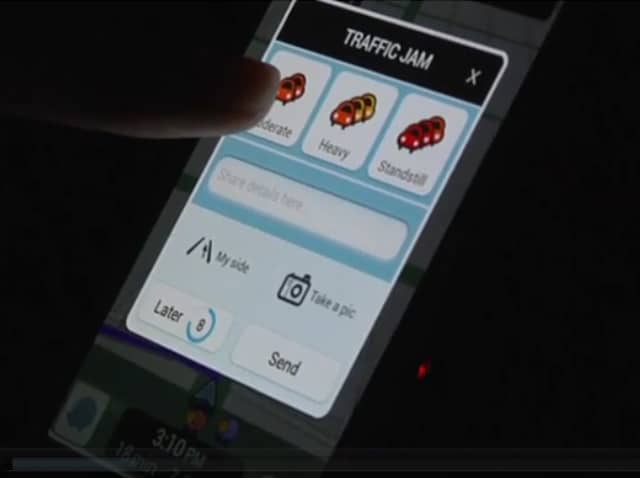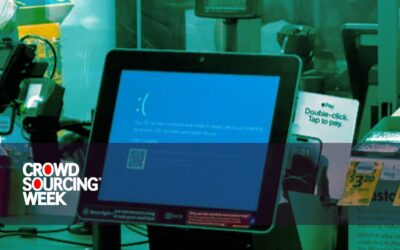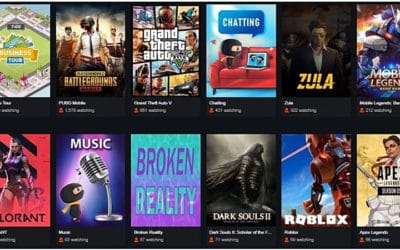
We hope you’re not caught up with today’s triskaidekaphobia bug. And before the midnight strikes, an advance Happy Valentines Day to everyone! Weekend is coming, and as part of our weekly digest, here’s a roundup of news about crowdsourced security threats, traffic information, corporate crowdsourcing and innovation, healthcare and more.
Crowdsourced security threats: the antidote to cyber attacks?
Hot-off press, President Obama delivered his keynote speech and led a roundtable discussion together with business leaders and policy makers at the White House cybersecurity and consumer protection summit, encouraging every player to take part in sharing information to strengthen cybersecurity according to The Washington Post. Find out how crowdsourcing can impact the Internet and cybersecurity…
Police officers love-hate relationship with Waze
Police officers in Miami wanted Google to ditch a specific feature in traffic crowdsourcing app, Waze, that could put the public at risk and spark attacks against law enforcers. The Wazers don’t just report about traffic jams, detours, and road accidents, but disclose the exact locations of police speed traps. To counteract, the police officers downloaded the app to flood the database with false reports. “It is a good app, but we’re concerned with the police button and the police button only,” says John Thompson of National Sheriff’s Association. Read more of the story…
Crowdsourcing spices up Dominos pizza
Want more spice and everything nice Down Under? Crowdsourcing has spiced up Sydney-listed brand Domino’s Pizza Enterprises Ltd. profits after the company launched its mobile application dubbed Mogul in July, allowing customers to design their own pizza and share them on social media. On Wednesday, the company said more 55,000 people signed up and their menu has accumulated 160,000 pizza creations, says TWSJ. Find out how the crowd can spice up the food business…
When cancer meets crowdsourcing
Scientists and researchers wanted to change how doctors diagnose cancer and crowdsourcing is a key to unlock the door via a computer. Researchers and scientists at Beth Israel Deaconess flock to crowdsourcing website CrowdFlower to develop labeled images of tumor tissues, according to Boston Business Journal. The data images can be used to train a computer algorithm to read tissue samples. Find out how this computer cancer diagnostic works…
Beyond borders in crowdsourcing to reach dissidents
Beyond borders, Senator Marco Rubio of Florida is using a crowdsourcing platform to reach dissidents and human rights activists in Iran and Cuba. Do you know someone who’s a political prisoner or dissident in these autocratic regimes? Rubio wants you to share the stories.
Crowdsourcing and the wildlife
OU Research found out that crowdsourcing is effective in gathering data for biodiversity, looking into the success of iSpot model, a social network that uses learning technology and crowdsourcing. Beginners and experts connect and interact in the platform and identify species. Read more about shared knowledge…
Teacher turns to crowdfunding to enrich learning
Who says learning is boring? It’s fun and exciting, especially when a teacher is passionate to reinvent the process. Jodi Kabat, a third-grade teacher at Burns Latino Studies Academy who is using crowdfunding site DonorsChoose.org. to subsidize the students’ tablets, science kits, field trips, a $2,500 3D printer, books and more. School budget? It’s not in her vocabulary—for Kabat, she wants to ‘make a difference’ using her skills, passion and… Internet. As of press time, she has raised $23,900. Read her inspiring story here…
Image via Business Insider, video screenshot
What else caught your eye this week? Came across some breaking news or a good thought piece?



0 Comments